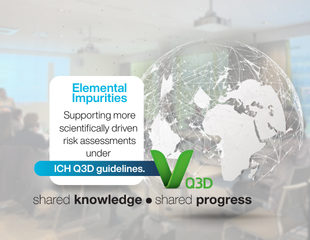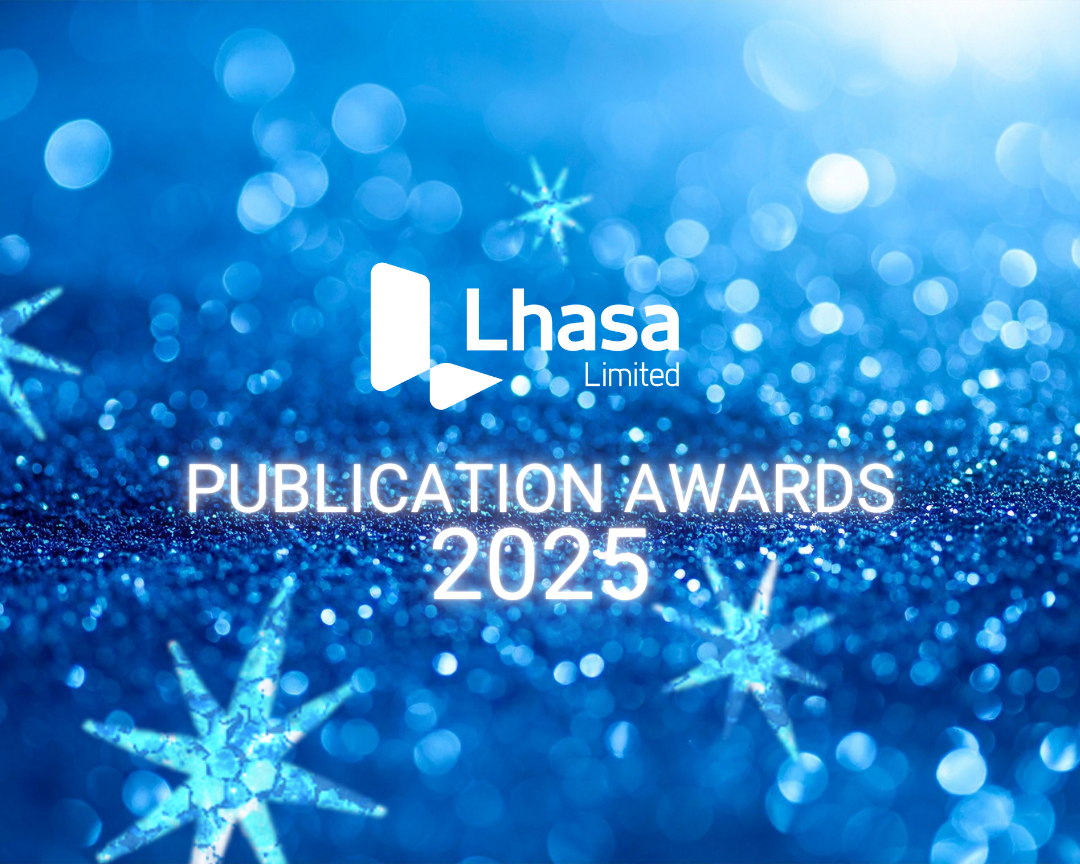Mutagenicity assessment is no longer debated; it is embedded within regulatory science. The more important question today is not whether in silico …
Approaching regulatory compliance with confidence ICH Q3D guidelines require assessing and controlling elemental impurities for regulatory compliant development of drug products. The …
We’re delighted to share that Lhasa Limited has been shortlisted for the Lush Prize 2026 in the Science category, an award recognising …
Just before the holiday period, our community voted on the most impactful scientific papers of the year authored by industry and regulatory …
We recently had the pleasure of hosting the second Lhasa/IPEC Nitrites in Excipients Collaborative Meeting at our Head Office in Leeds. Following …
Curious to find out what we’ve been up to in 2025? This year, we have driven advancements in regulatory science, delivered innovation …






